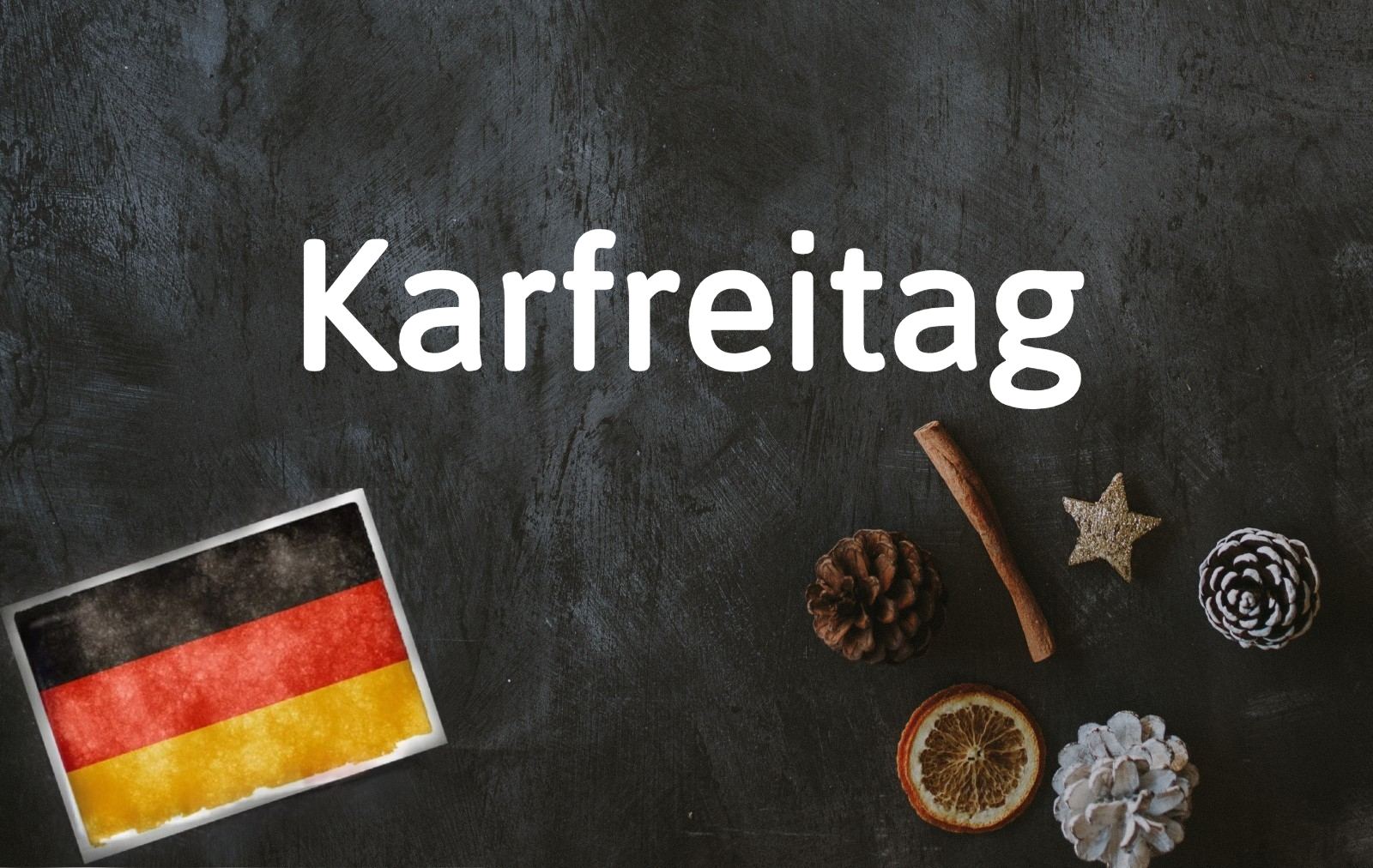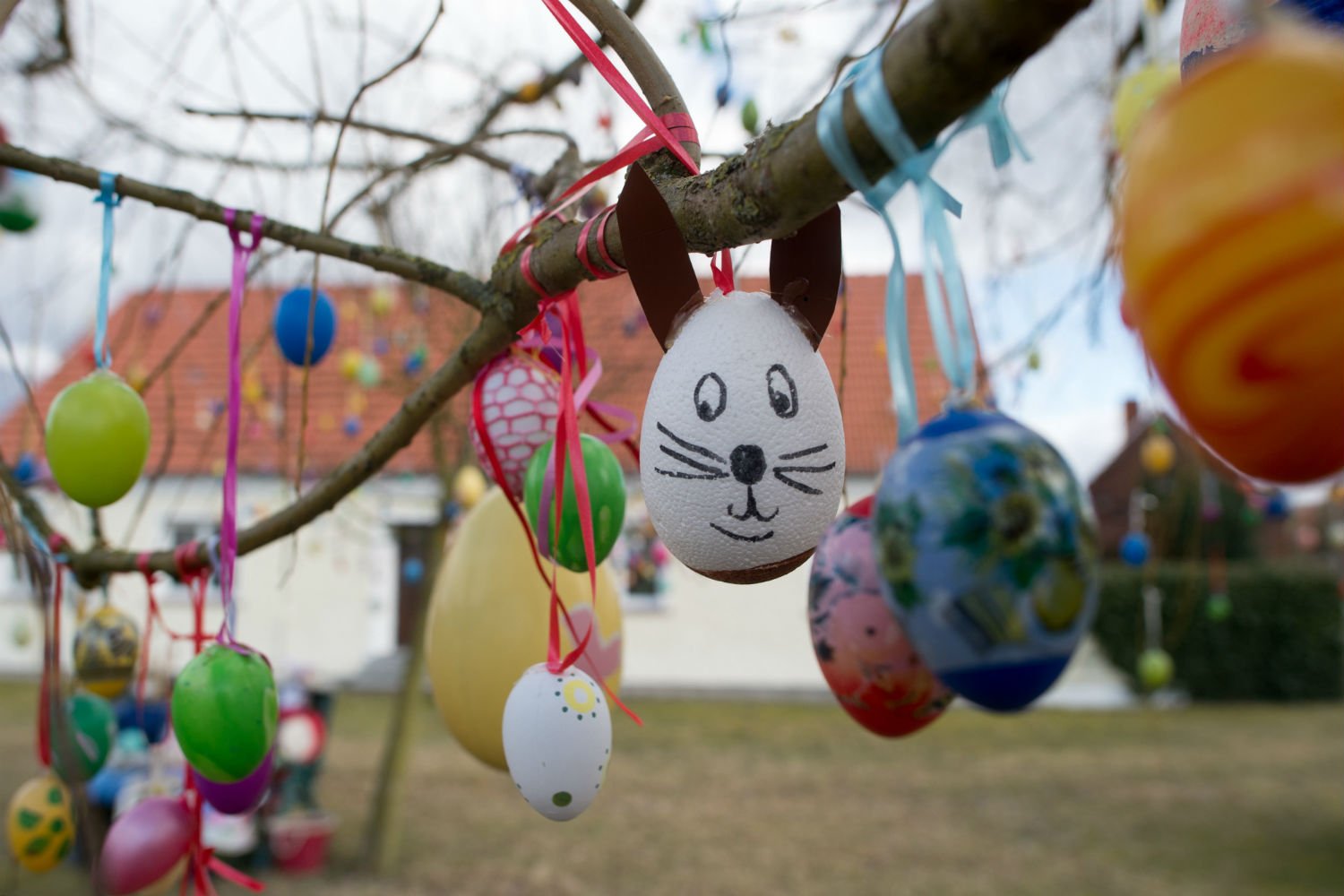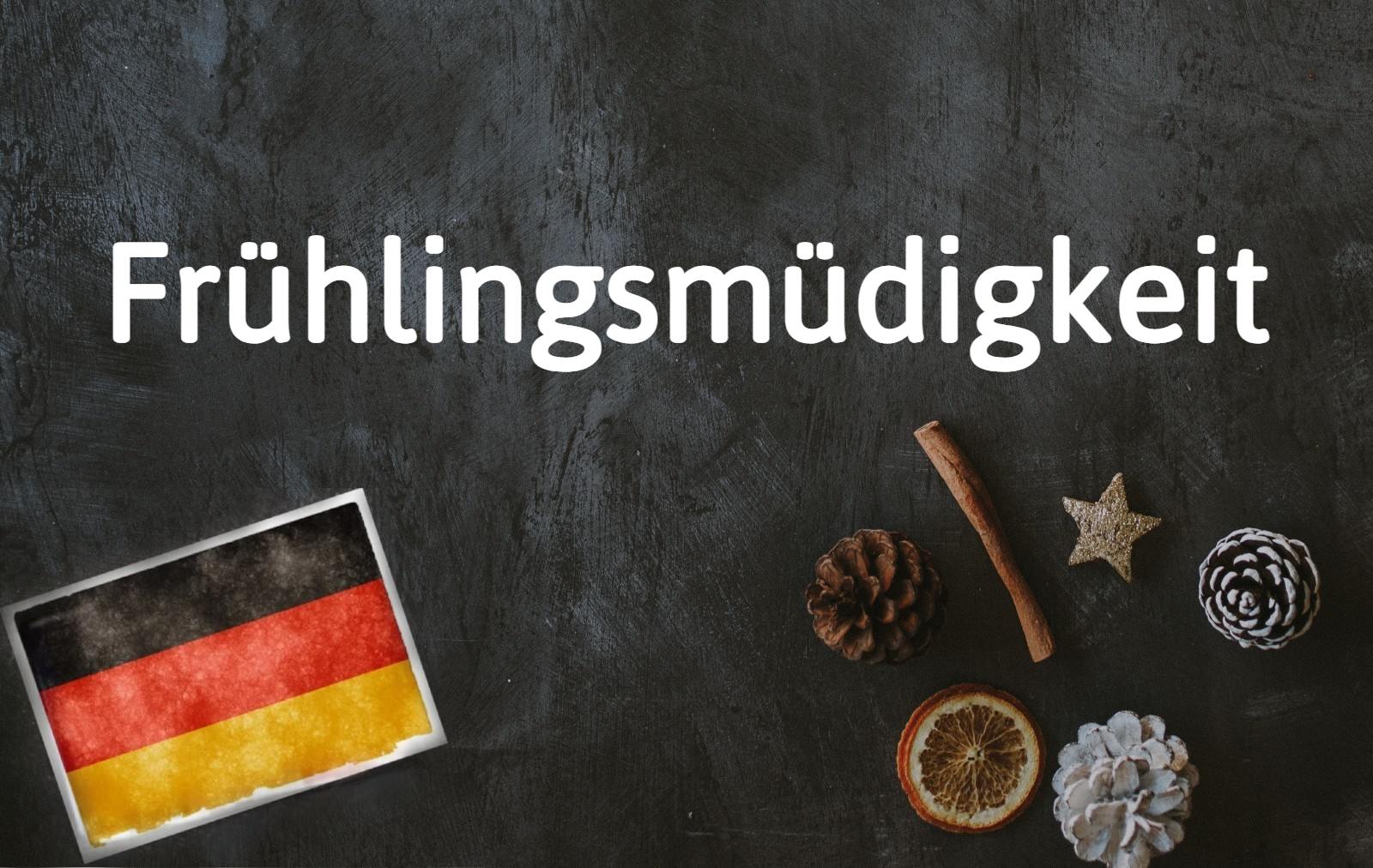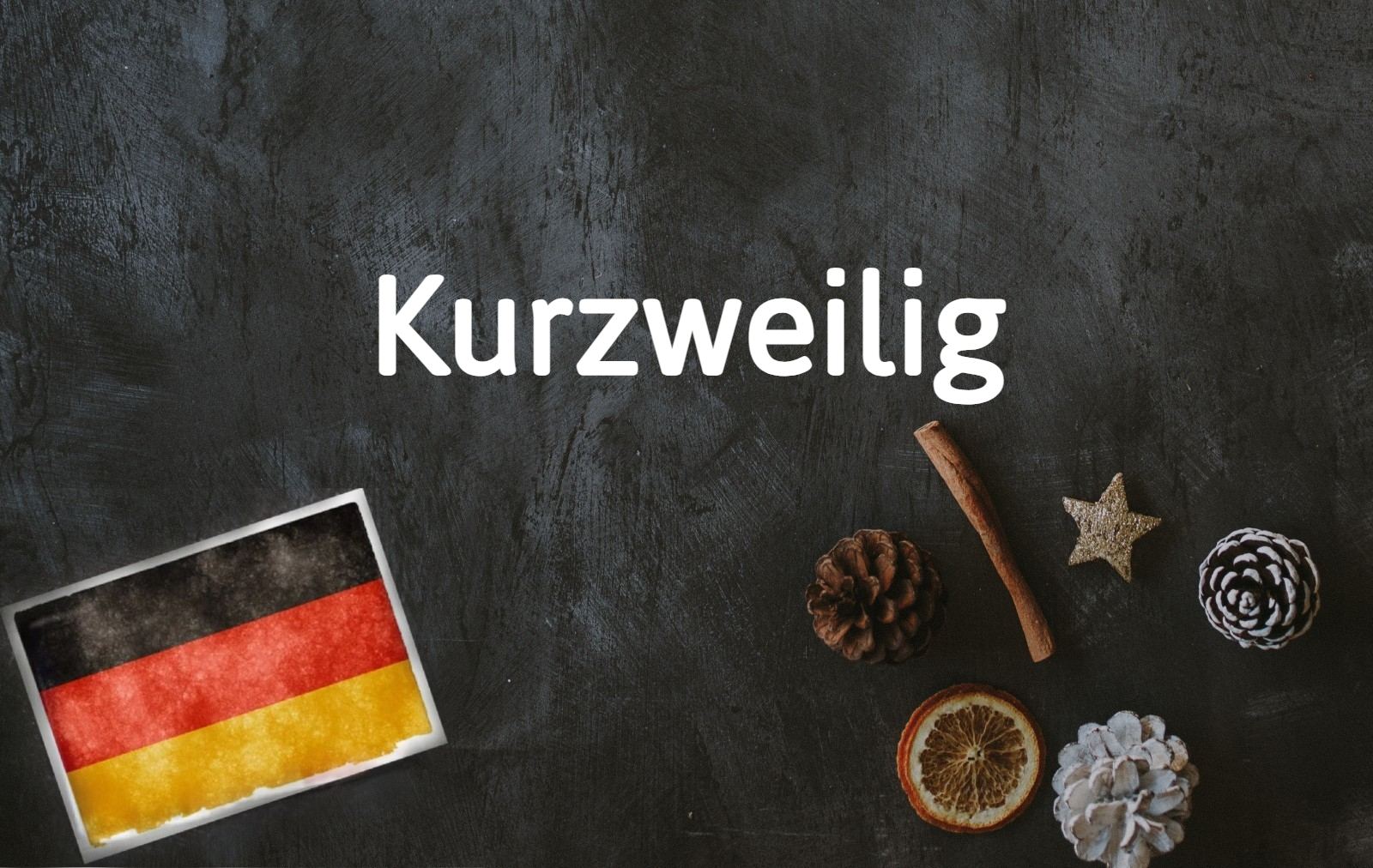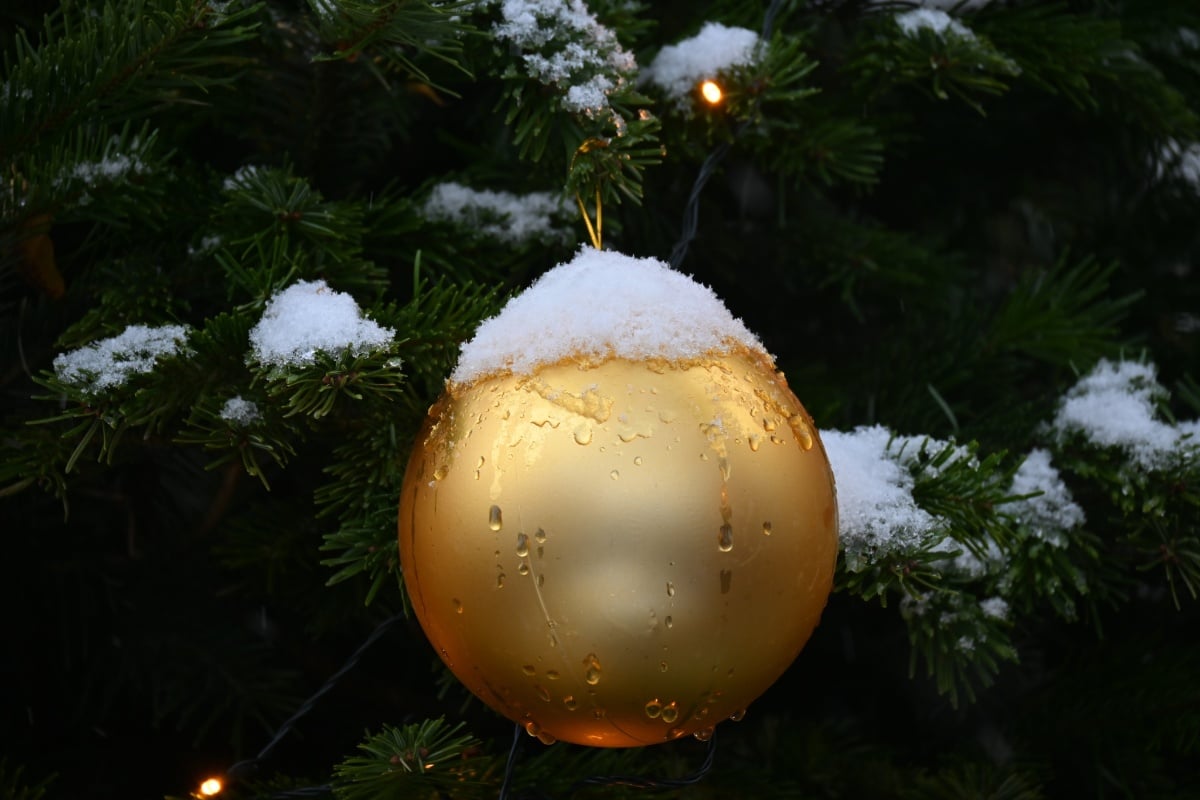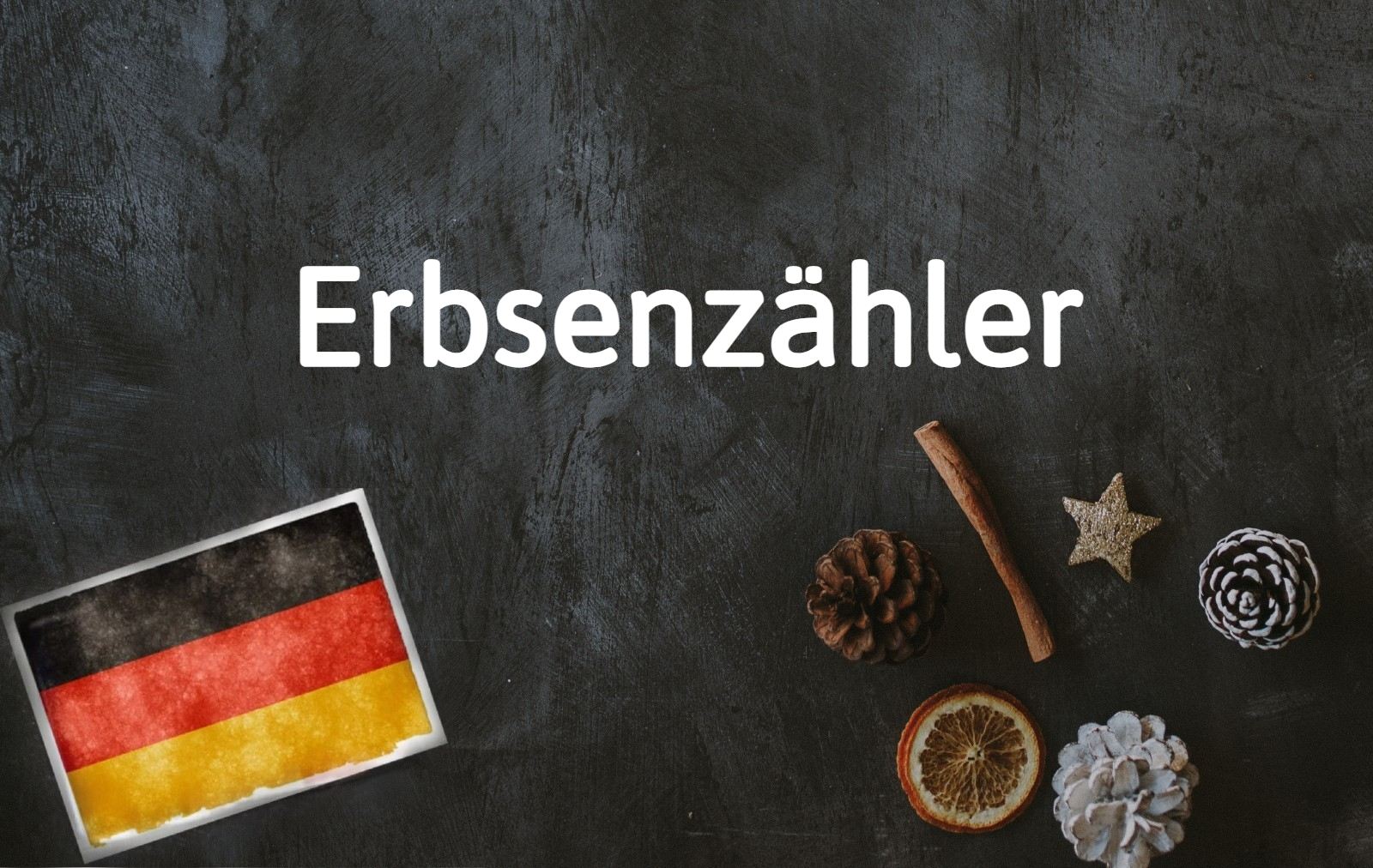‘Fronleichnam’ is celebrated as a public holiday in eight German states (and two other regions) on Thursday June 19th. We explain its origins where it’s observed.
A regional colloquialism popular mainly in Berlin and northern cities, this common German term is essentially a stand-in for ‘neighbourhood’.
From mountain-top witch parties to stealing the ‘May tree’ from the neighbouring village, here are Germany’s weird and wonderful May 1st traditions.
This word marks an important day over the Easter holidays on which Christians mourn and reflect on the passing of Jesus Christ.
Whether it’s setting giant rolling wheels ablaze, or decorating their ‘Easter trees’, Germans have some quite amusing traditions to entertain themselves during Easter.
With temperatures warming and the clocks set to go back this weekend, spring appears to have finally sprung. Besides the weather, here are some unmistakeable signs that ‘Frühling’ has arrived in Germany.
Feeling low or energy or even a little down right now? Then this German word could hold the answer to your sluggishness. Here’s what you need to know.
If you’re so absorbed in something it seems like time is racing by, this helpful German word can describe that feeling perfectly.
Around the world, modern-day Christmas is associated with a feeling of coziness, getting together with the family and gift giving. The roots of these customs can arguably be traced back to Germany.
Is your over-zealous boss getting on your nerves? Are you tired of your partner correcting every small grammar mistake you make in German? If so, this funny idiom is for you.










